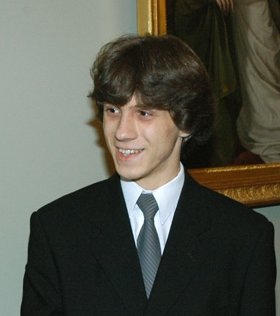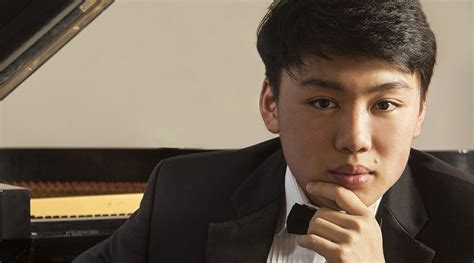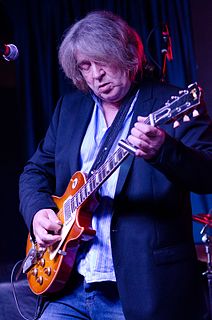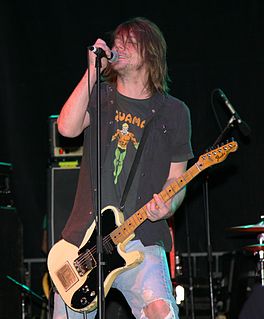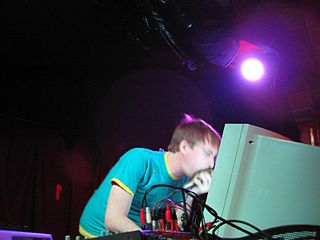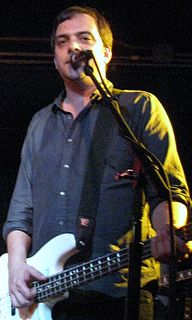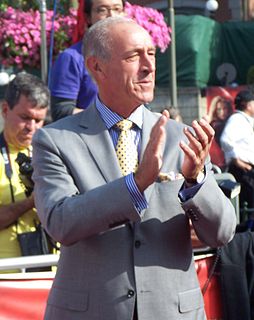A Quote by Michael Hersch
A lot of my approach to the instrument, especially as I've gotten older, is to treat the piano in ways that are not very pianistic - to consider the sounds I'm after first, and to deal with technical considerations later.
Related Quotes
To be honest, I don't really consider myself a prodigy. Learning the piano, I have encountered some difficulties. There are many challenges in playing and I've grown frustrated at times... But because I like to play the piano, I never thought of giving up. I was always able to overcome difficulties in pianistic techniques. Yes, there might be some 'traffic lights', but they all turned 'green'.
Like most young physicists, when I was a kid enraptured with physics, I thought, "Everything can be explained by the theory of the atom!" But as I've gotten older, and I look at the world, I think there's a lot of ways in which that kind of building up from the smallest building blocks doesn't actually account for the world. As I've gotten older, I've also become sensitive to the ways - to all that is not amenable to explanation. Things that, even if you had an explanation, what good would it be?
It is only by demanding the impossible of the piano that you can obtain from it all that is possible. For the psychologist this means that imagination and desire are ahead of the possible reality. A deaf Beethoven created for the piano sounds never heard before and thus predetermined the development of the piano for several decades to come. The composer's creative spirit imposes on the piano rules to which it gradually conforms. That is the history of the instrument's development. I don't know of any case where the reverse occurred.

